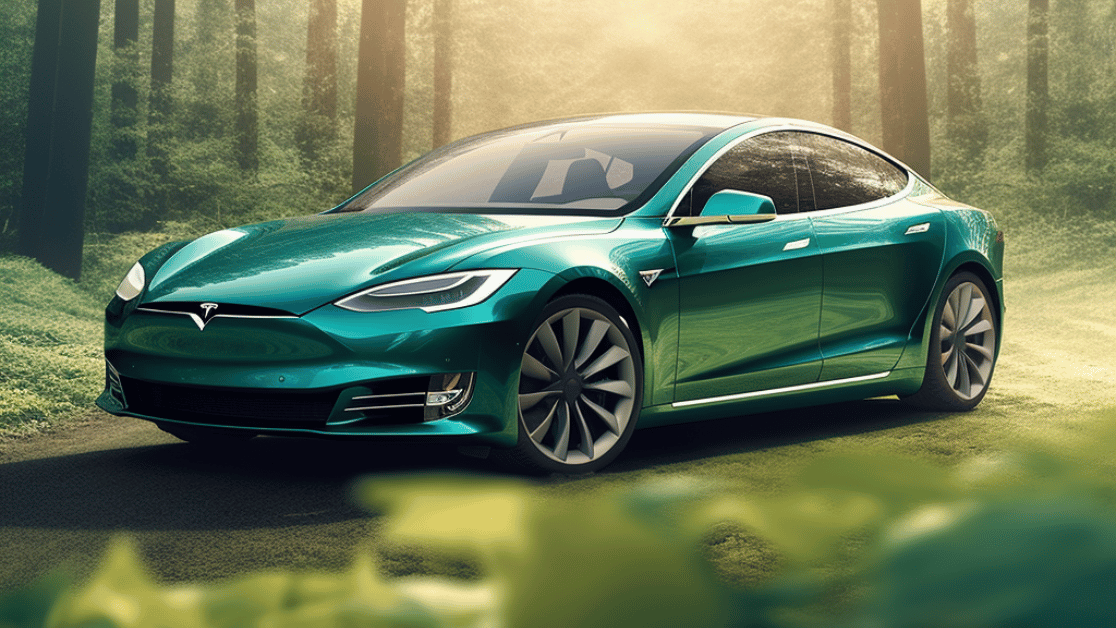World Environment Day is an annual global event celebrated on June 5th. In 2023, the host country Côte d’Ivoire, with support from the Netherlands, has chosen a compelling theme that underscores the urgent need to address plastic pollution (Beat Plastic Pollution). World Environment Day 2023 aims to raise awareness about the detrimental effects of plastic waste and emphasize the importance of finding sustainable solutions. As we come together to commemorate this significant day, it is crucial to recognize the pivotal role that electric vehicles (EVs) and hybrid electric vehicles (HEVs) can play in combatting plastic pollution and paving the way toward a cleaner and more sustainable future.
Reduced Air Pollution
One of the most significant advantages of EVs and HEVs is their contribution to reducing air pollution. Traditional vehicles emit harmful pollutants, including carbon monoxide, nitrogen oxides, and particulate matter. In contrast, electric vehicles produce zero tailpipe emissions, helping to improve air quality and mitigate the adverse effects of pollution. Even when considering the emissions generated by the electricity used to charge EVs, studies have shown that emissions from coal power plants are still lower than those produced by conventional vehicles.
Noise Reduction
With the global increase in population and transportation, noise pollution has become a pressing concern. Traditional combustion engines in conventional vehicles are significant contributors to noise pollution. However, electric vehicles offer a quieter and more peaceful driving experience. The absence of engine combustion noise, combined with reduced noise from air resistance and wheel spin, makes EVs a more serene and environmentally friendly choice.
Improved Energy Efficiency
Electric vehicles and hybrid electric vehicles are more energy-efficient compared to their conventional counterparts. Traditional vehicles convert only a small portion of the energy from gasoline into actual wheel power, usually ranging from 12% to 30%. In contrast, EVs transfer approximately 70% of the energy to the wheels. This higher energy efficiency leads to less energy wastage and a more sustainable transportation system.
Regenerative Braking
EVs come equipped with regenerative braking technology, which recovers and stores energy during the application of brakes. This mechanism converts the kinetic energy produced during braking into electricity, which is then stored in the vehicle’s battery. As a result, EVs can extend their driving range beyond the initial battery capacity, maximizing their efficiency and reducing reliance on external charging infrastructure.
Sustainable Energy Sources
The transportation sector heavily relies on non-renewable resources like oil and diesel. However, these finite resources are depleting rapidly. Electric vehicles provide a solution by utilizing a more sustainable form of energy. While the global oil reserves are projected to last for only a few more decades, coal reserves could potentially last up to a century. By transitioning to EVs, we can reduce our dependency on fossil fuels and embrace cleaner energy sources.
Conclusion
As we celebrate World Environment Day, it is crucial to recognize the role electric vehicles and hybrid electric vehicles can play in building a greener future. By embracing these innovative technologies, we can significantly reduce air and noise pollution, improve energy efficiency, and promote the use of sustainable energy sources. Initiatives like the EV subscription service provided by Steer EV, further support the cause by reducing carbon impacts and offsets. By participating in Steer EV, individuals can actively contribute to science-backed initiatives that reduce carbon pollution and slow down climate change. Let’s join forces and drive towards a sustainable and environmentally friendly transportation system.
Tags:
